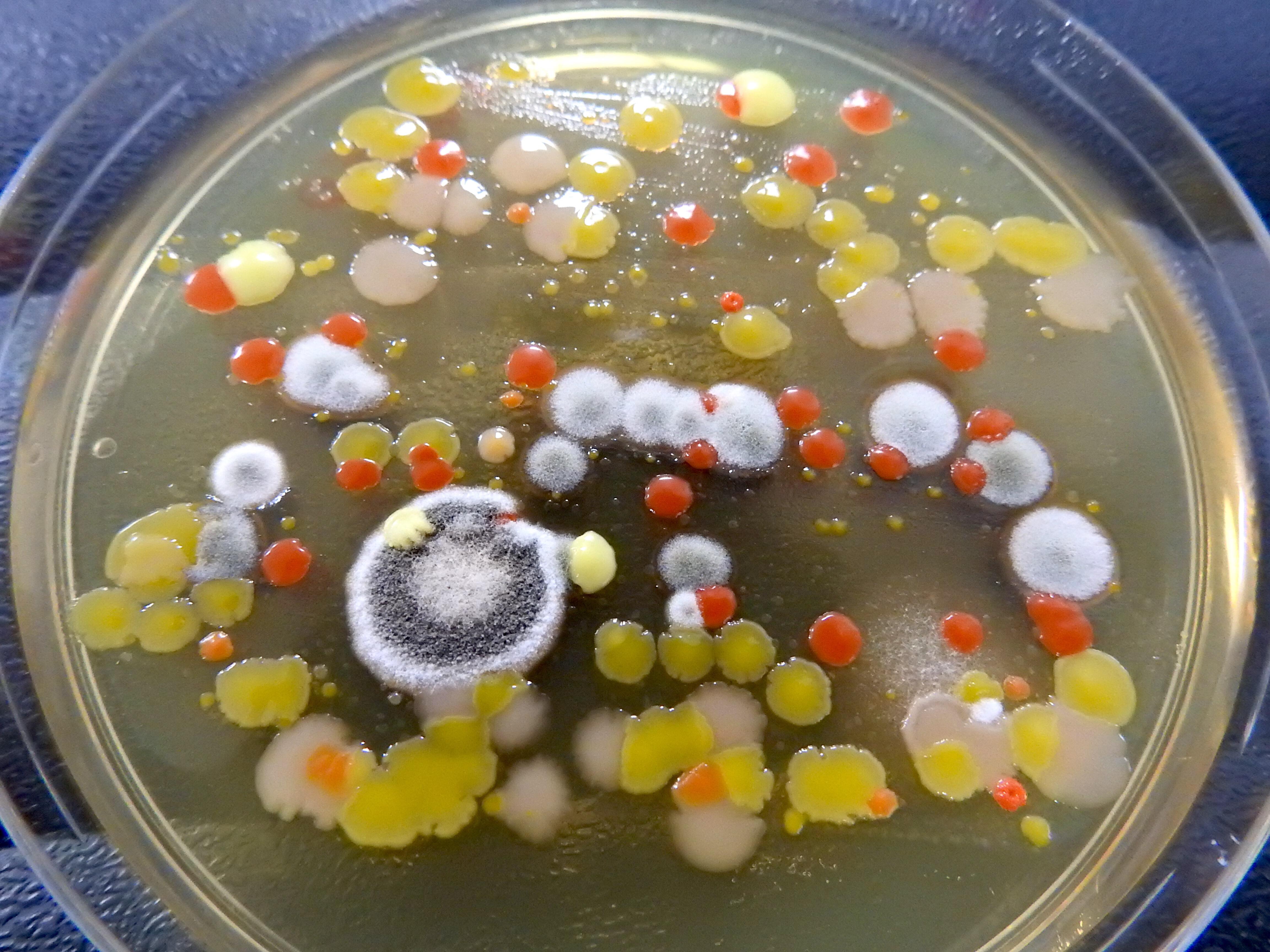
Liverpool School of Tropical Medicine (LSTM) and The University of Liverpool (UoL) have been awarded £3.54m for a research project that aims to develop a ‘personalised health’ approach to prevent and treat antimicrobial resistance (AMR).
Resistance to all antimicrobials, and especially bacterial resistance to existing antibiotics, is increasing. It is now posing a serious threat to health both in the UK and globally, and risks undermining the major improvements in medicine that have been made in recent decades.
This new project will focus on personalised antimicrobial therapy as a way to prevent and treat AMR.
The funding will enable equipment to be purchased for real time measurement of drug concentrations in patients, rapid sequencing of bacteria from patients, performing pharmacogenetic analyses and real time pharmacodynamic analyses. These approaches will be unified using artificial intelligence and deep learning in collaboration with the University of Liverpool’s Department of Computer Science.
The funding was awarded through an open competition by the National Institute for Health Research (NIHR), on behalf of the Department of Health and Social Care (DHSC).
The award will be managed via Liverpool’s Centre of Excellence in Infectious Diseases Research (CEIDR).
Professor William Hope of UoL, said: “Our goal is to find ways to move away from a “one size fits all” to a fully individualised approach where each patient receives the right drug and dose for their infection and knows whether they are well positioned to receive maximum effect from their antimicrobial therapy. Liverpool is building the infrastructure and knowledge to prevent AMR from occurring and to provide treatment options for patients that have few and sometimes no treatment options.”
LSTM's Dr Adam Roberts said: “This award is great news for Liverpool and the Northwest. We have a wealth of world-class experts here focussed on mitigating the effects of AMR. We work at local, national and international levels and this funding will allow us to build local infrastructure which will provide direct patient benefit in a sustainable manner.”
Dr Fiona Marston, Director of CEIDR said: “Success in achieving this award is the outcome of the co-ordinated activities of UoL and LSTM and enhances the prospects for CEIDR in its role engaging with industry globally to ensure translation of the research in AMR from Liverpool.”
Chief Medical Officer, Professor Dame Sally Davies, said: “Without dedicated efforts to combat antimicrobial resistance, modern medicine as we know it could be lost. Funding new and innovative approaches to tackle the problem is crucial, and this substantial capital funding will be a significant step towards strengthening UK-based AMR initiatives.”
The project investigators are Professor William Hope (UoL), Professor Enitan Carrol (UoL), Professor Steve Patterson (UoL), Professor Frans Coenen (UoL), Dr Nick Feasey (LSTM) and Dr Adam Roberts (LSTM).